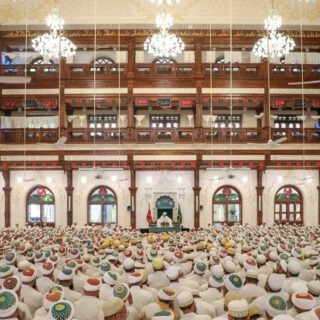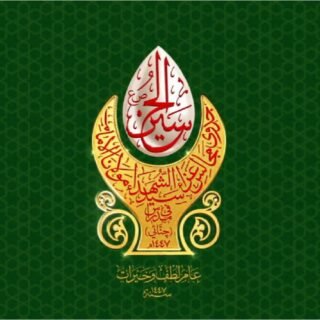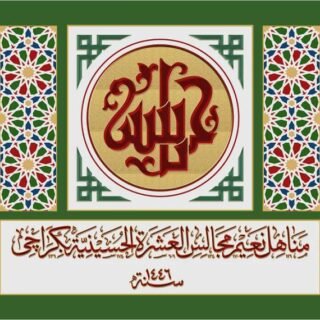In today’s fast paced world, time is the greatest commodity. We are bound by it, constantly working against the clock. Namaz, the most important of all amal in shariat, is also bound by time.
In today’s fast paced world, time is the greatest commodity. We are bound by it, constantly working against the clock.
Namaz, the most important of all amal in shariat, is also bound by time. It is the first deed which Allah Ta’ala will look at on the day o f judgment. If a mumin’s namaz is in order Allah will look at his other deeds; else all is futile. Namaz has many huqooq (obligations), the first of which is its time. Praying namaz on time is imperative rather mandatory. Rasulullah(SAW) states that “Namaaz timings are of greater importance than namaz itself.” Fajr should be prayed before the Sunrises, Zohr/Asar at Midday and Maghrib/Ishaa at Sundown.
For each namaz, except Maghrib, there are two times. The first is when the time for that namaz starts and the last is when it ends. For Zohar namaz, the time begins when the sun reaches its zenith in the sky. The shadow of a person is shortest at this juncture. Once the sun moves westwards the shadow too inclines west; this is called Zawaal. The time for Zohar ends two sa’ats (approximately 2 hours) later. Our Hudaat Kiraam(RA) have established a tradition of praying Zohar and Asar together just as we pray Maghrib and Isha together.
Rasulullah(SAW) states that “The One who prays namaz just as its time starts will receive Allah’s grace (rida Allah) and one who prays when the time ends will be subject to Allah’s mercy (afwa Allah)”. Imam Jaffarul Sadiq(AS) states that namaz must always be prayed at its awwal waqt (start time). Maulana Ali(SA) and Aimmat Tahereen(SA) emphasize that namaz is valid only if prayed on the fixed time just as roza of Shehre Ramadan cannot be done in Shabaan.
When a mumin gives misaq to his Moula(TUS) he promises to uphold the seven pillars of Islam. He promises to pray namaz five times a day and then he is asked, “Will you pray namaz on time and not foresake it?” The importance of praying namaz is linked to its time. Not only do you pledge to pray namaz as part of your oath but you pledge to pray it on time.
Namaz is a testament to the importance of time, allowing us to ponder on what other aspects of our lives can benefit from being timely.In one bayan Aqa Maula(TUS) advised students not to work late at night but rather sleep early and wake up for fajr namaz and continue their work. What would take a lot of effort to do at night would be accomplished very easily in yhe the morning with the barakat of namaz and Quran e Majeed. Aqa Maula(TUS) cautioned against praying namaz qaza. Syedna Taher Saifuddin(RA) counseled a perfect balance in a mumin’s life when it is divided into the following parts – one part for worship and devotion, one part for his livelihood, and one part for pursuing pleasures that are halal and appropriate. Each part when done at its appointed time will reap innumerable rewards.








